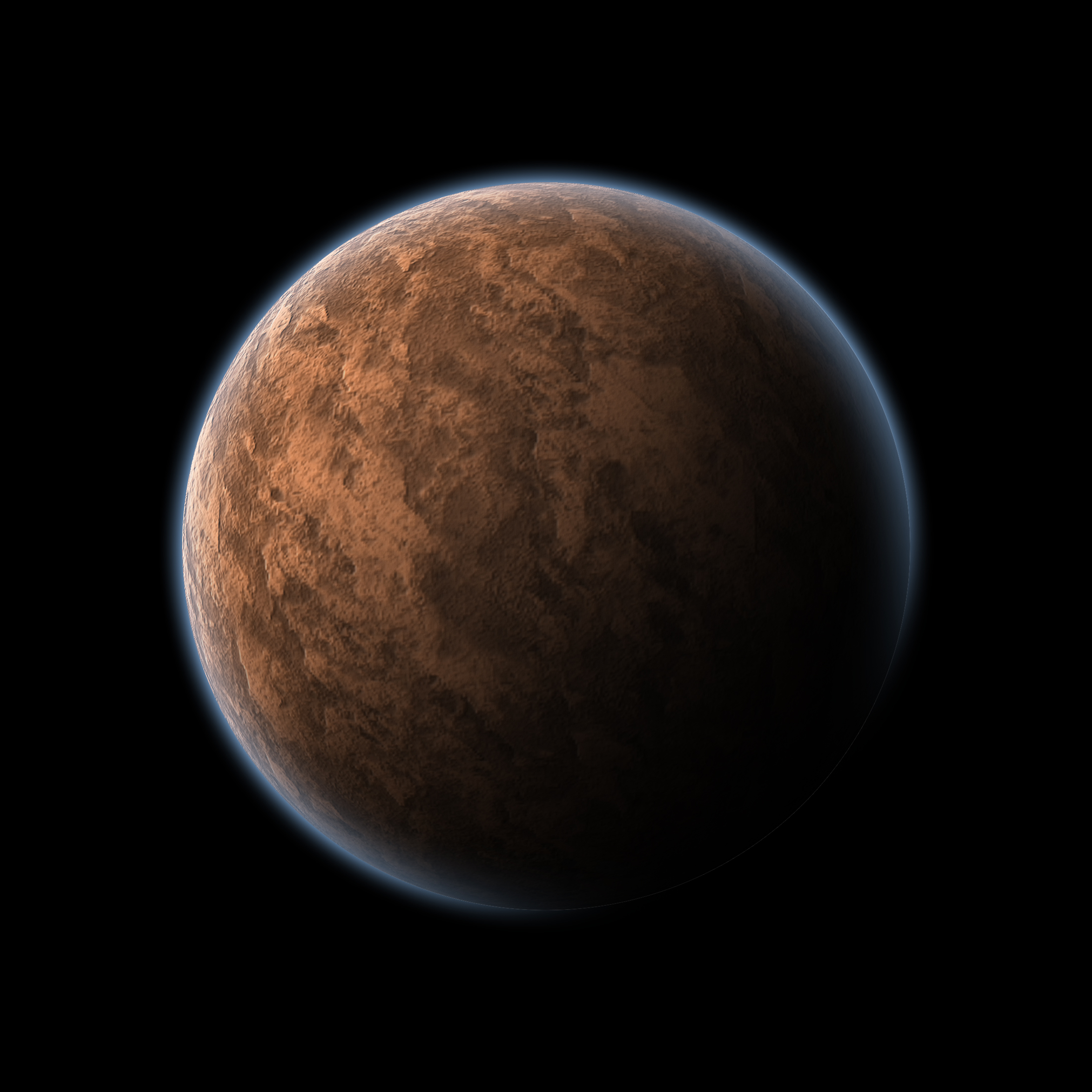A new planet had just been discovered and all the scientists were analyzing the data. This one was different from the other planetary discoveries, a lot different. For one, the planet seemed to be capable of supporting life but a lot more analysis and discovery would be required, a lot more spectrometry, spectroscopy and other specialized equipment.
While this was happening, a young couple were coming to the end of their relationship. Maz and Hai had been together slightly more than a year but things had been deteriorating and each was wondering if their days were numbered. It seemed no matter what they did to resolve the ongoing tension that had begun to seep into their everyday lives, it just was not working.
Meanwhile on the other side of the globe, a new company was working to develop a new process that would regenerate new limbs from a customer’s cells. MagnaStem was on the verge of hashing out the details in combining data and technology with body cell structures and molecular information. The R&D team calculated that MagnaStem was about half a year away from launch.
Above, the sky turned a beautiful bluish-pink as the rain was finally about to end. It had been raining for a while now but things were brightening up as the warmth from above shone down and life once again felt renewed.
It was all beginning to feel normal again. But when it had been announced that another new planet had been discovered, this time it felt different. The news quickly reached everybody and they were all talking about what this could mean. More life in the universe? If so, what kind of life? What is life? The debate raged on every time a new far-flung planet had been discovered.
Little by little, the scientists and astronomers kept at it, kept analyzing the data and the blurry images from across the universe. The first detail that made this such an exception from all the other planetary discoveries was the presence of water on the planet – a lot of it. They were also analyzing the atmosphere and were able to detect telltale traces of key building blocks for life: oxygen, carbon, nitrogen and other key elements. Plus, the planet appeared to be in that habitable zone, just the right distance from its star to provide the ideal temperatures. As they reoriented their equipment toward this planet, the quest for more detailed information accelerated.
This was to become a revelation for Maz and Hai as they struggled to work through their problems. As the news and speculation about the new planet grew, the couple found themselves less occupied with their squabbles and more focused on the astral discoveries. Were they becoming oblivious to their relationship and instead wondering about something that had nothing to do with their relationship? They did begin to talk again, but not so much about each other. Instead they were excited once again.
In fact, everyone seemed to be turning their eyes skyward and wondering, speculating and even fantasizing about the new planet; it became part of the news. Even the team at MagnaStem seemed to be interested. How could such a discovery benefit them, was in the background thoughts of many of its company executives. The company was glad that some of the eavesdropping on their technology had diminished in light of the new planet and the scrutiny surrounding it. That would allow them to get back to work, no more distractions with endless interviews and the company instituting some news blackouts to maintain some kind of competitive advantage. No news was bad for publicity – but too much could be a springboard for other companies to attempt to copy their model.
Then, the scientific team studying the far-off planet made the leap. In-depth analysis revealed the planetary surface was covered with approximately 70% water. It had a single moon. And most important, life! There was definitely some form of advanced life since they could detect that the planet was undergoing rapid transformation from significant amounts of carbon dioxide that was increasingly adding to its atmosphere. When the team looked back in their older data banks, they were able to establish the atmospheric levels had significantly changed in a relatively short time period. They were puzzled: what had happened that this planet was slowly being choked to death? How could this planet, 93,000,000 miles from its host star, teem with life and yet appear to be rapidly altering its balance of gases vital to life? All they could do was watch, wait and see what would happen next.
Chris Ebel
11/12/21
Photo credit: @benipop
